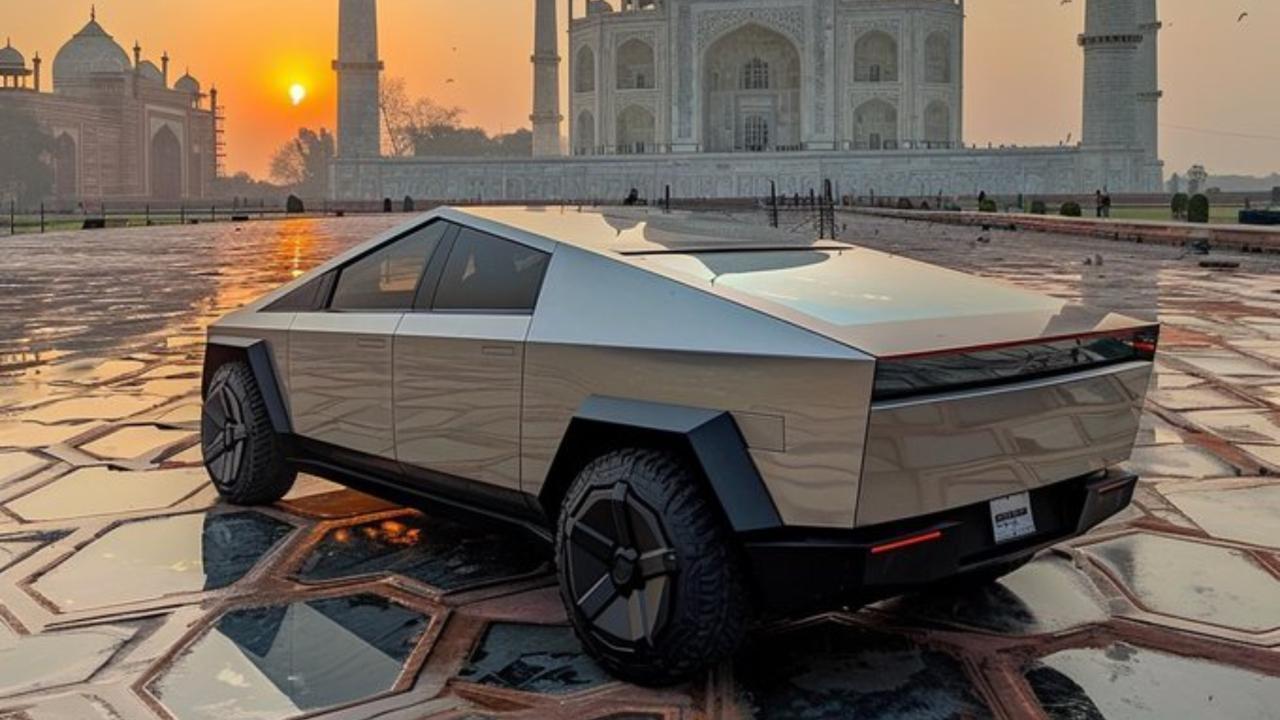
Post by : Amit
Photo : X / TESLA CARS ONLY.
Regulatory Breakthrough Marks Tesla’s First Formal Entry Point
In a major development for India's electric vehicle landscape, Tesla Inc. has received regulatory clearance from the Regional Transport Office (RTO) in Maharashtra, paving the way for the company to establish a retail showroom and officially sell its EVs in the country. This marks the most concrete move yet in Tesla’s long-anticipated entry into India—a market it has courted for nearly a decade but struggled to crack due to import duties and policy hurdles.
Sources close to the development confirmed that the approval allows Tesla to operate a dealership and register its vehicles under the Indian Motor Vehicles Act, a prerequisite for launching direct sales. The clearance reportedly pertains to a planned Tesla Experience Center in Mumbai, where the company aims to showcase its globally successful Model 3 and Model Y platforms.
A Green Light After Years of Uncertainty
Tesla’s India journey has been riddled with delays and diplomatic tug-of-war. The company first expressed intent to enter India as early as 2016, but faced resistance due to high import duties of up to 100% on CBU (completely built-up) units. CEO Elon Musk repeatedly pushed for duty waivers, arguing that without such incentives, it was “not possible” to test demand or justify local investment.
Despite high-level talks with the Indian government, negotiations had long remained inconclusive—until recently. The shift came as India introduced a new electric mobility policy framework, which includes potential duty concessions tied to domestic manufacturing commitments. Tesla is now said to be evaluating manufacturing or assembly plant options, with Maharashtra, Gujarat, and Tamil Nadu in the running.
The RTO nod, therefore, is seen as a preparatory step that clears Tesla to begin sales operations and customer engagement even before large-scale production begins.
Maharashtra Emerges as EV Gateway
Maharashtra has rapidly emerged as a strategic node in India’s EV ecosystem, offering supportive state policies, infrastructure incentives, and a high-income consumer base. The state’s EV policy provides tax breaks, demand subsidies, and showroom facilitation, making it an ideal launchpad for a premium brand like Tesla.
The Maharashtra RTO’s approval allows Tesla to register its imported vehicles for road use, a critical legal step that now enables customers to take delivery without complications. Tesla’s Mumbai showroom is expected to function as both a retail hub and service outlet, with trained personnel and a digital-first buying experience integrated into the space.
What Tesla's Entry Means for India's EV Market
Tesla’s formal entry into India is expected to redefine the competitive landscape of the premium EV segment. While Indian EV adoption has thus far been driven by two- and three-wheelers, the four-wheeler segment is growing, led by players like Tata Motors, Hyundai, BYD, and MG Motor.
Tesla, with its advanced battery management systems, autonomous driving tech, and global brand pull, may accelerate consumer aspiration and ecosystem development, including EV charging infrastructure and supply chain investments.
Industry analysts suggest Tesla’s presence will act as a catalyst for India's EV maturity, pushing local OEMs to fast-track their premium EV offerings, while encouraging state governments to enhance EV-friendly road, registration, and charging policies.
Showroom Launch Timeline and Product Rollout
Though Tesla has not officially announced the launch date of the Mumbai showroom, internal sources indicate that preparations are well underway, with property scouting completed and interior fit-outs expected to begin soon. The company is also in talks with local partners to set up charging stations—including Tesla Superchargers compatible with Indian grid standards.
The first phase of rollout will focus on imported Model 3 and Model Y variants, likely priced between ₹50–70 lakh depending on specifications and duties. If initial demand justifies investment, Tesla may then consider local assembly (SKD/CKD models) to bring down pricing and qualify for government subsidies.
Charging Ecosystem and After-Sales Strategy
Tesla is expected to deploy its Supercharger network selectively in key metro corridors, partnering with private players and state discoms to secure power access. The company is also evaluating V2G (vehicle-to-grid) pilot programs for India, aligning with broader national ambitions for grid-integrated EVs and renewable energy stability.
In terms of after-sales, Tesla India plans to introduce a remote diagnostics system, in which 80% of car issues can be resolved via software updates and cloud-based troubleshooting. For physical repairs, Tesla-certified body shops and mobile service vans will support customers without needing extensive brick-and-mortar service networks.
Tesla and India’s Green Mobility Agenda
India is currently pursuing ambitious goals under its FAME-II policy and National Electric Mobility Mission, with targets to electrify 30% of private cars and 70% of commercial vehicles by 2030. Tesla’s arrival aligns with these objectives by introducing global best practices in EV technology, battery management, and circular economy design.
Additionally, with India pushing for domestic cell manufacturing and battery recycling initiatives, Tesla’s ecosystem approach—from vehicles to energy storage—offers potential synergy with national goals.
Strategic Momentum Beyond Sales
Beyond retail, Tesla’s entry into India is seen as a precursor to manufacturing investment, a move that could reshape India's place in the global EV supply chain. While the company has not confirmed plant construction, Indian officials recently hinted that Tesla is in “advanced stages” of location selection for a proposed $2–3 billion gigafactory investment.
Such a facility could create thousands of jobs, boost exports, and drive critical mineral demand—linking with India’s recent push on lithium mining and battery value chains.
A New Chapter for India’s EV Evolution
Tesla’s Maharashtra RTO approval is more than just paperwork—it is a symbolic and operational gateway into one of the world’s most promising, albeit complex, electric vehicle markets. With this green light, Tesla now has the regulatory backing to begin selling, servicing, and scaling in India.
As infrastructure builds, demand matures, and policy supports deepen, Tesla’s presence could become a transformational force for India’s clean mobility journey—pushing the nation closer to its decarbonization and industrial self-reliance goals.
Tesla, India, Maharashtra, Ev
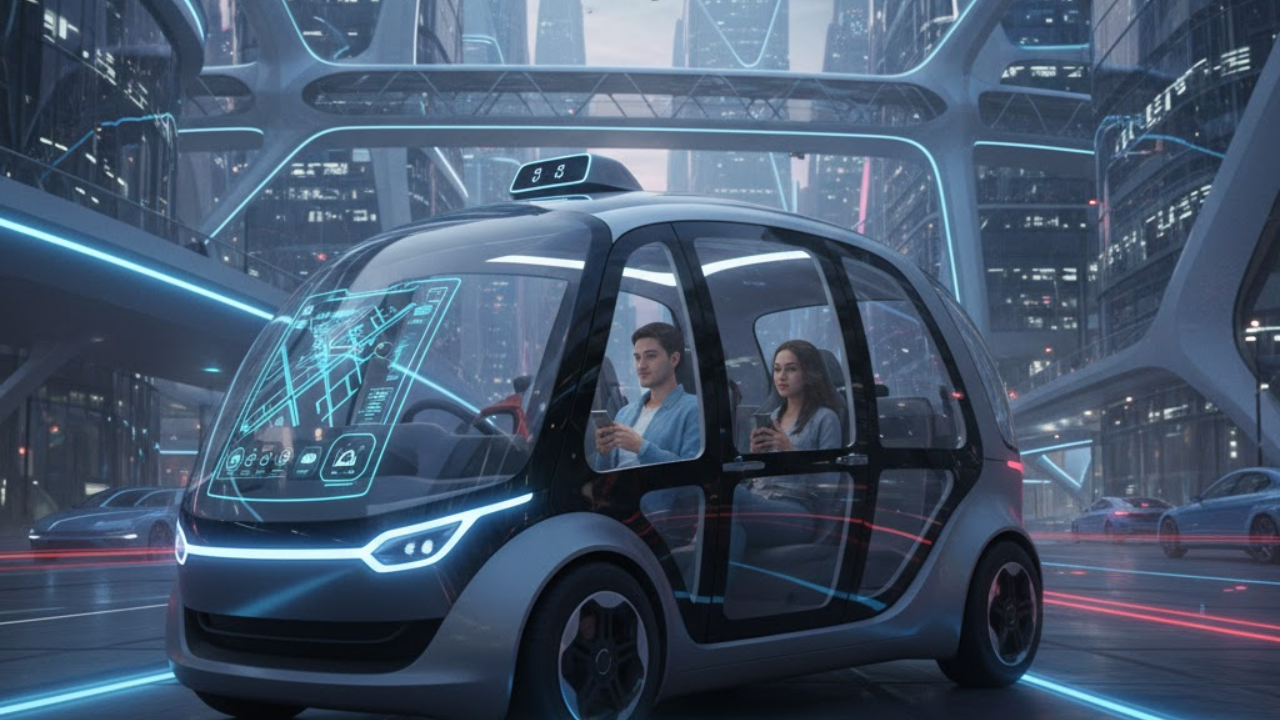
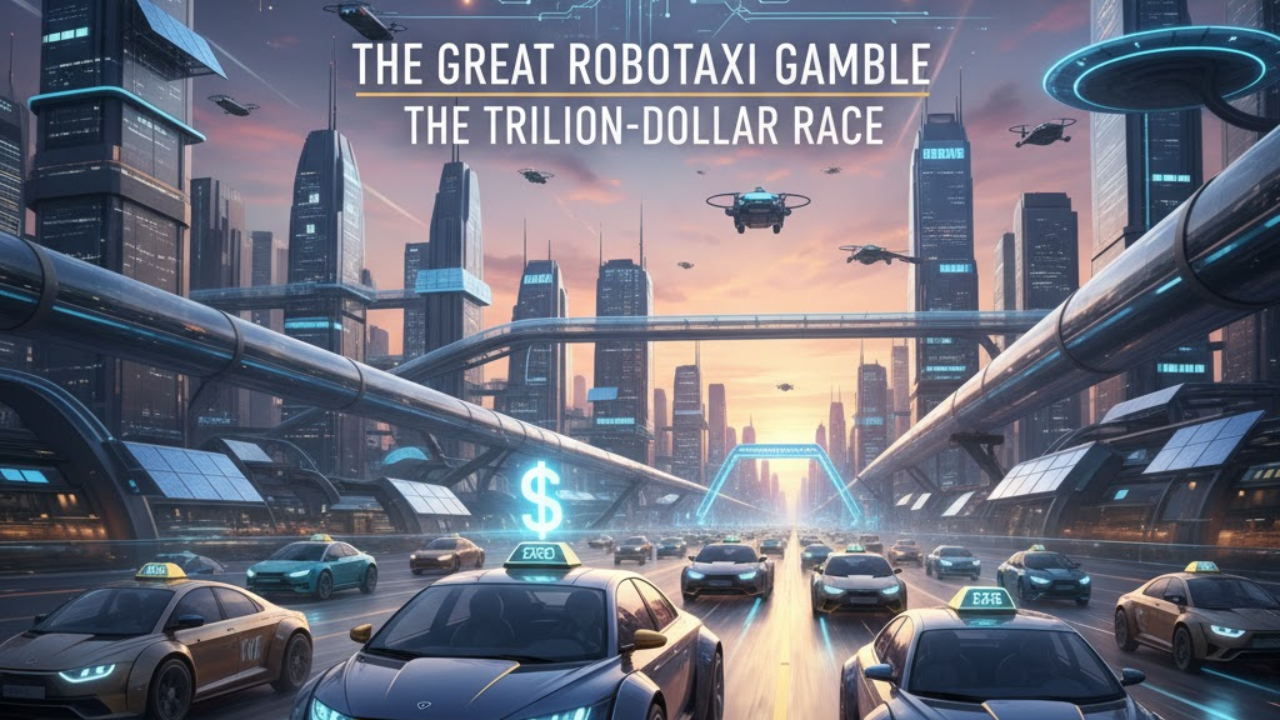
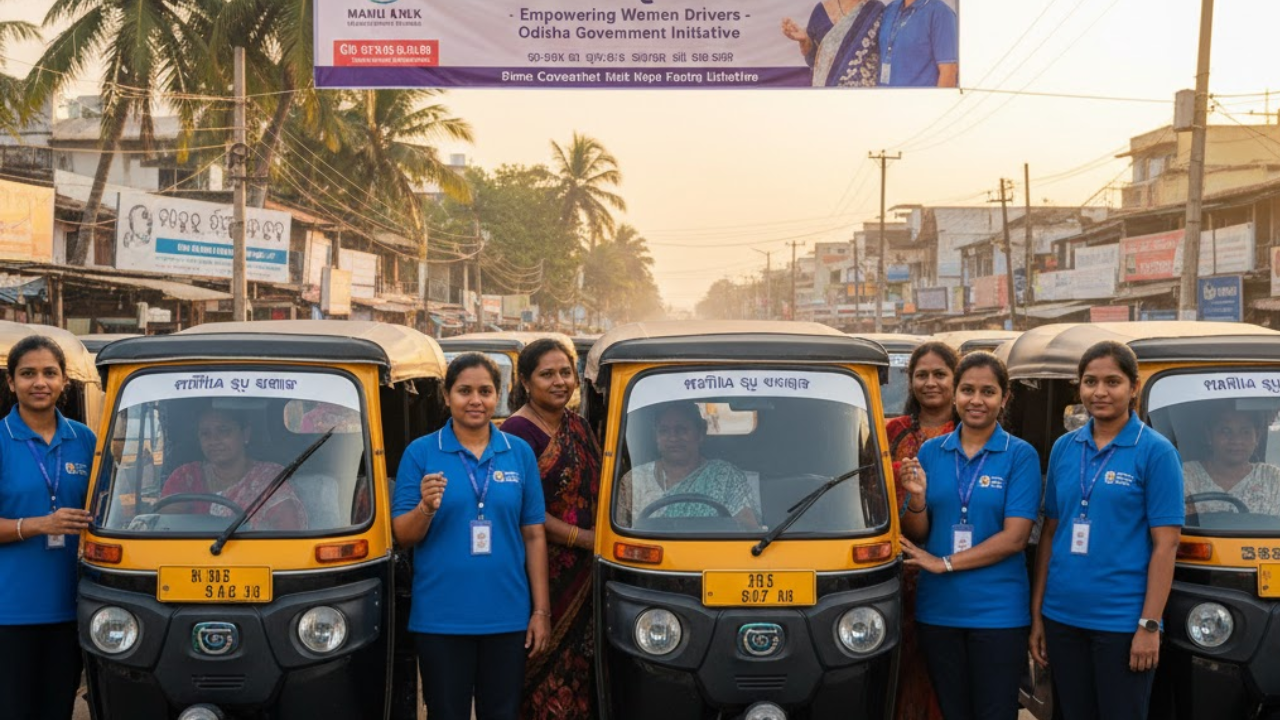
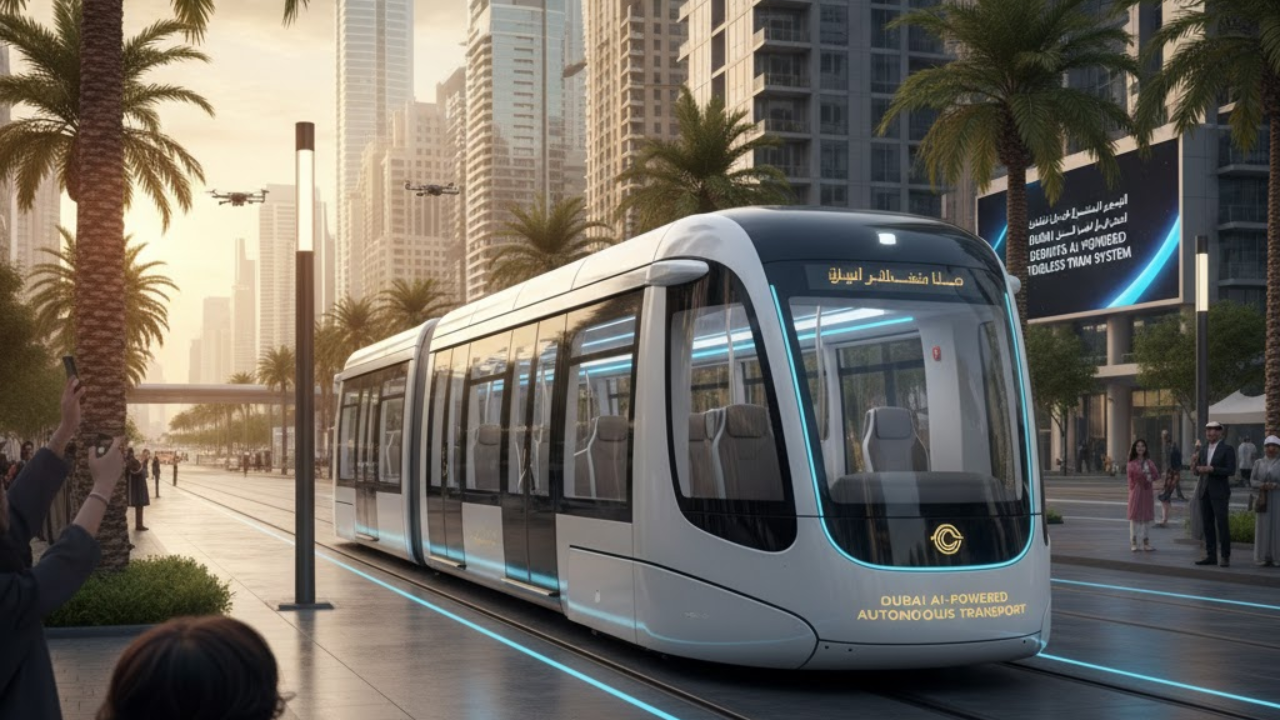
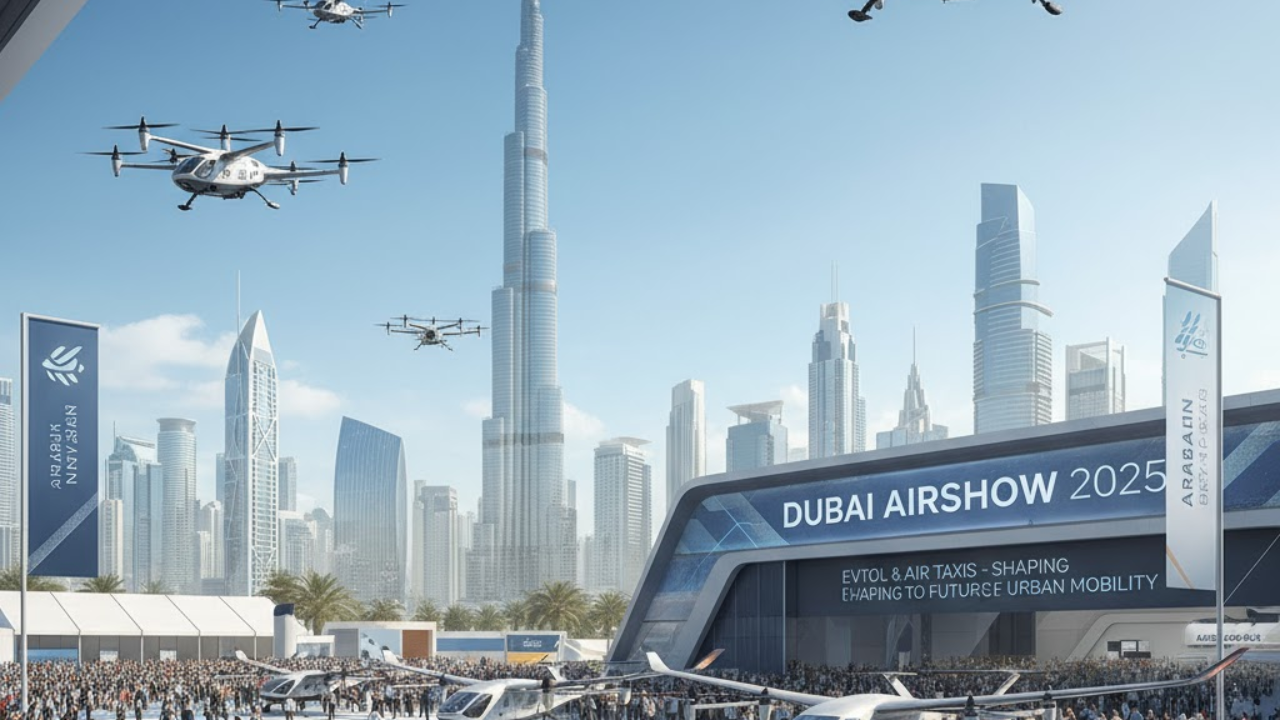
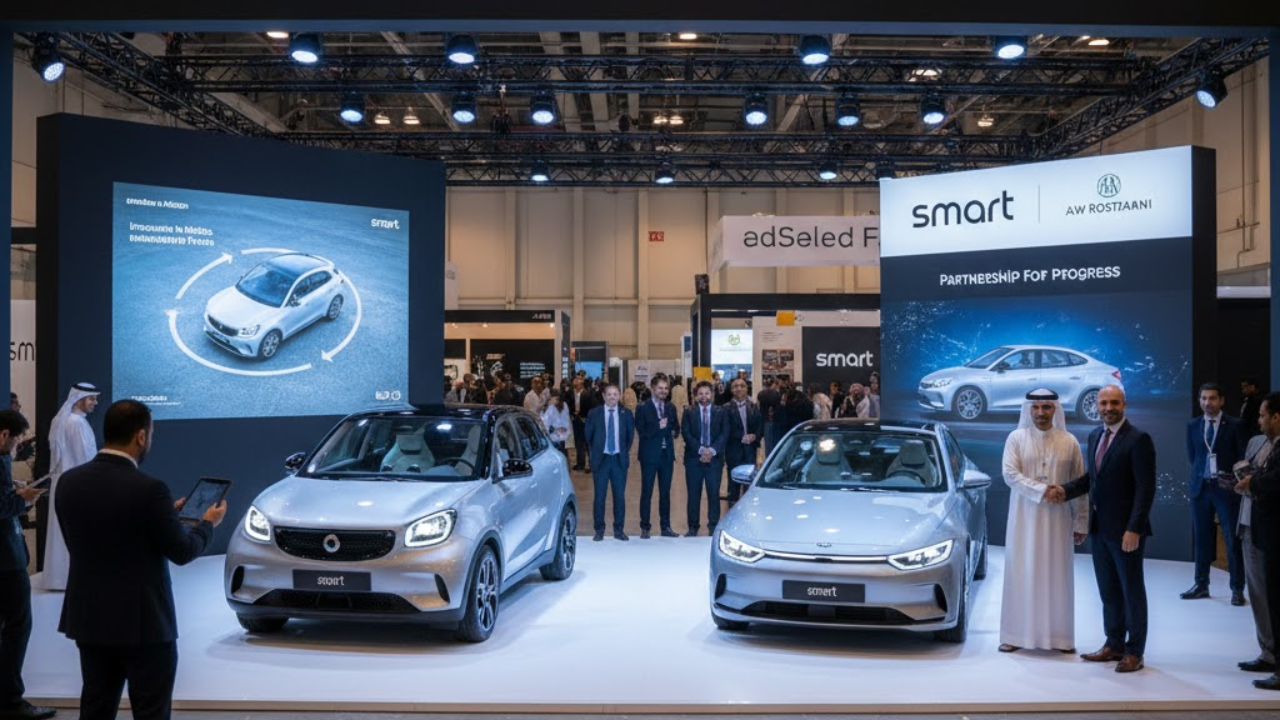
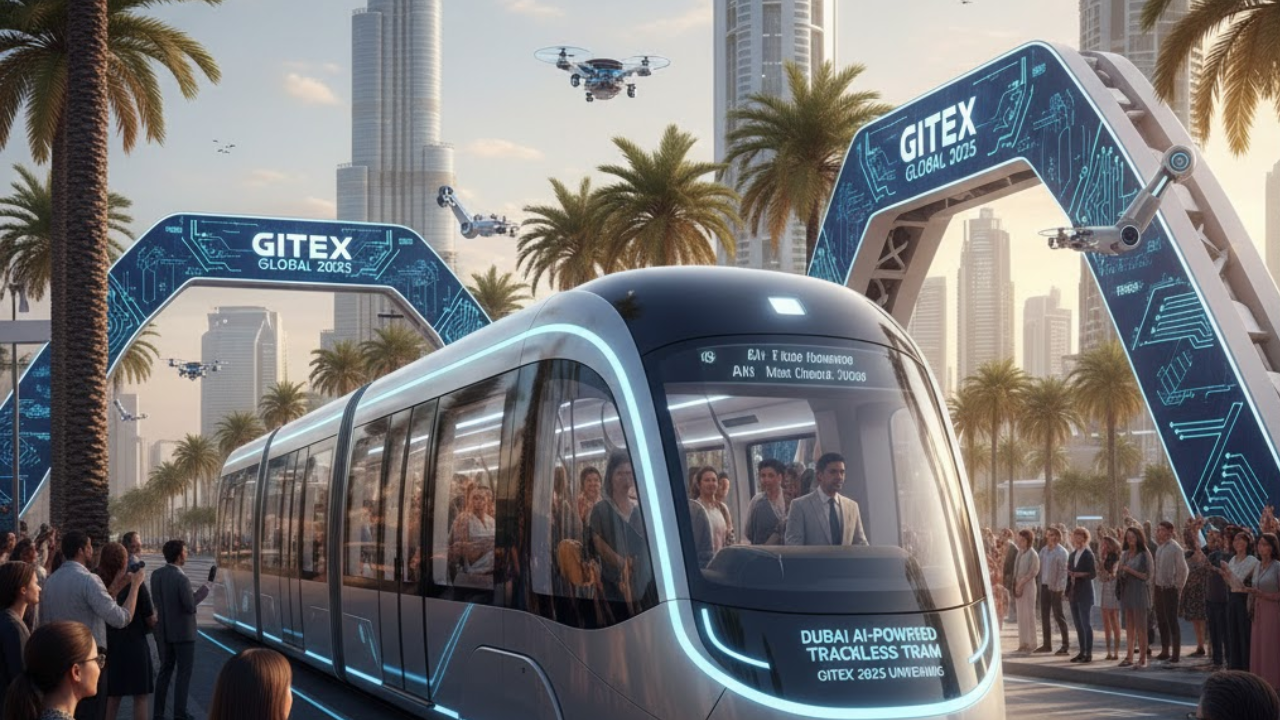
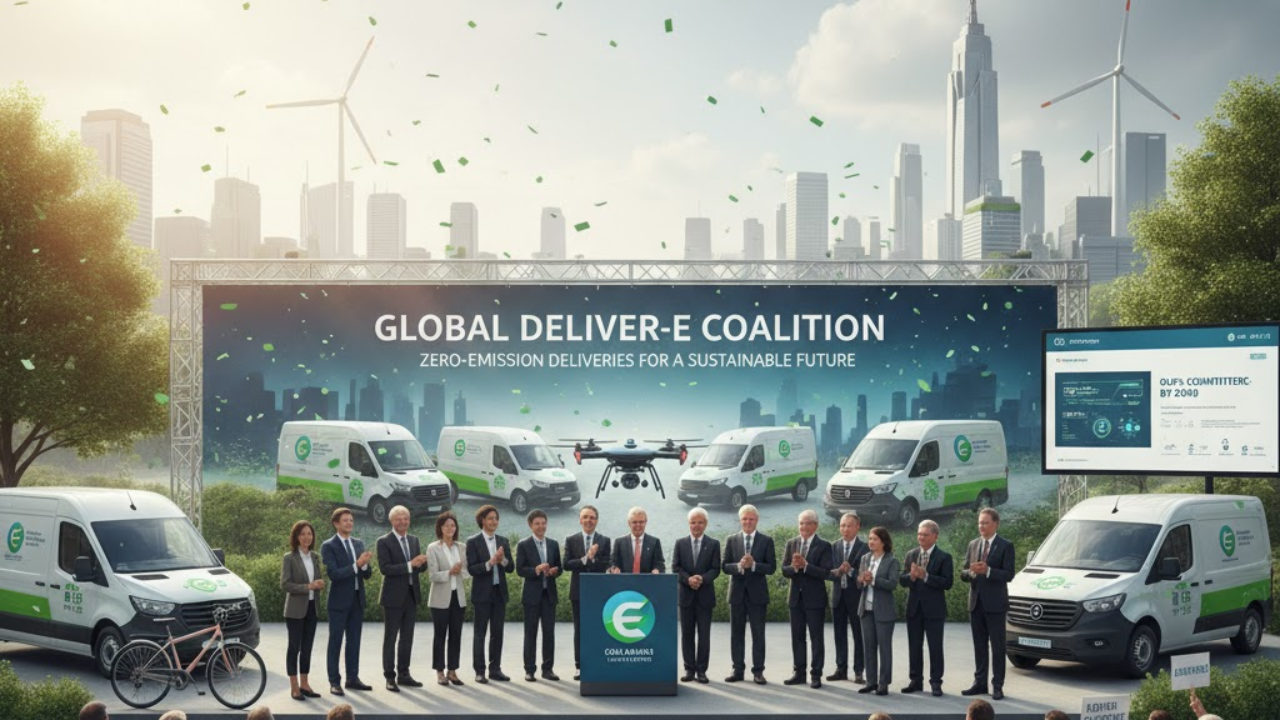
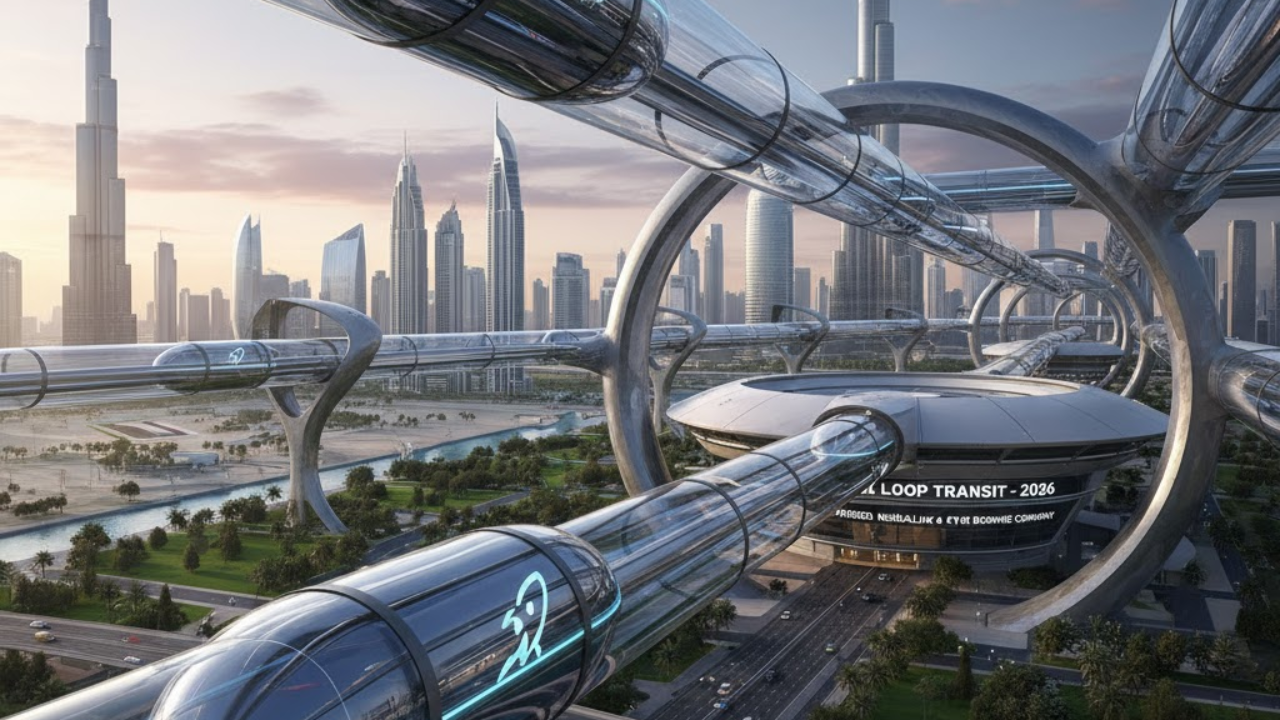

Bengaluru-Mumbai Superfast Train Approved After 30-Year Wait
Railways approves new superfast train connecting Bengaluru and Mumbai, ending a 30-year demand, easi

Canada Post Workers Strike Halts Nationwide Mail and Parcel Services
Canada Post halts operations as CUPW strike disrupts mail and parcel delivery nationwide amid disput
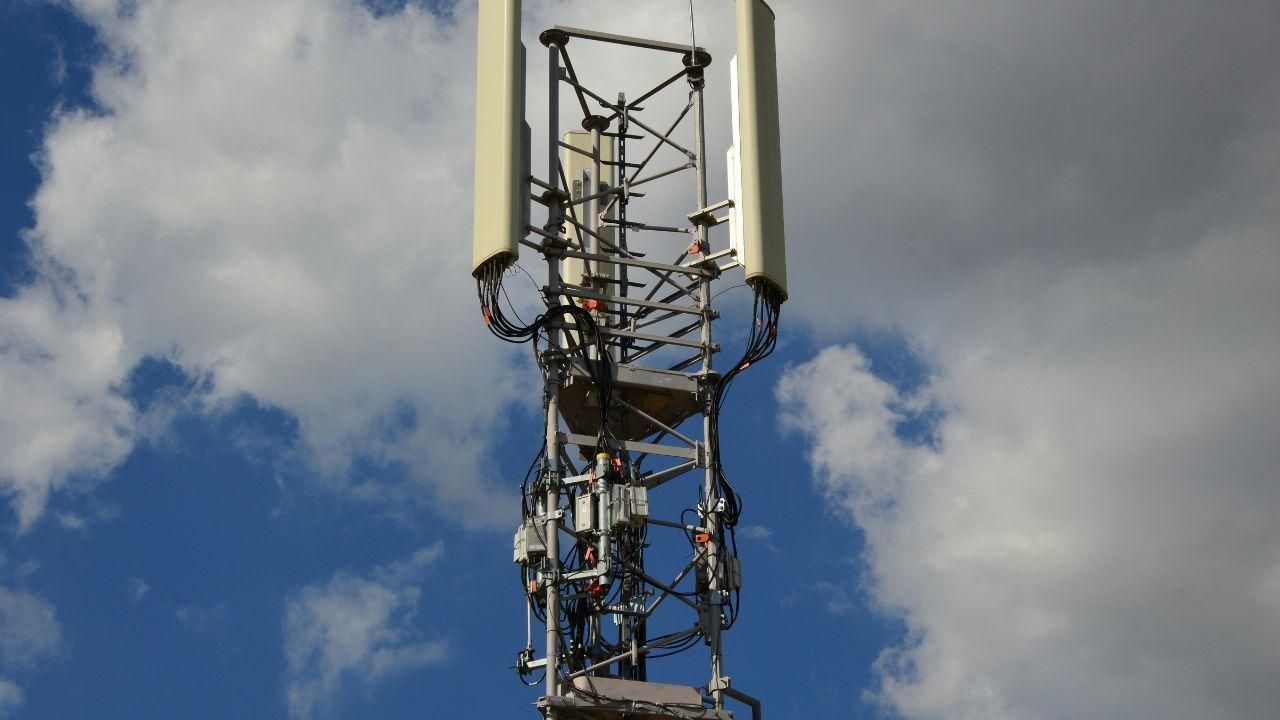
PM Modi Launches BSNL ‘Swadeshi’ 4G Network, 97,500 Towers Built
India enters global telecom league as PM Modi inaugurates BSNL’s indigenous 4G, connecting 26,700 vi

India’s Iconic MiG‑21 Takes Final Flight After Six Decades of Service
After 60 years India retires its MiG‑21 fighter jet, a legendary yet controversial warplane marking

Hindustan Zinc unveils AI hotspot monitoring at Debari smelter
Hindustan Zinc launches AI-powered Switchyard Hotspot Monitoring at Debari smelter to cut outages bo
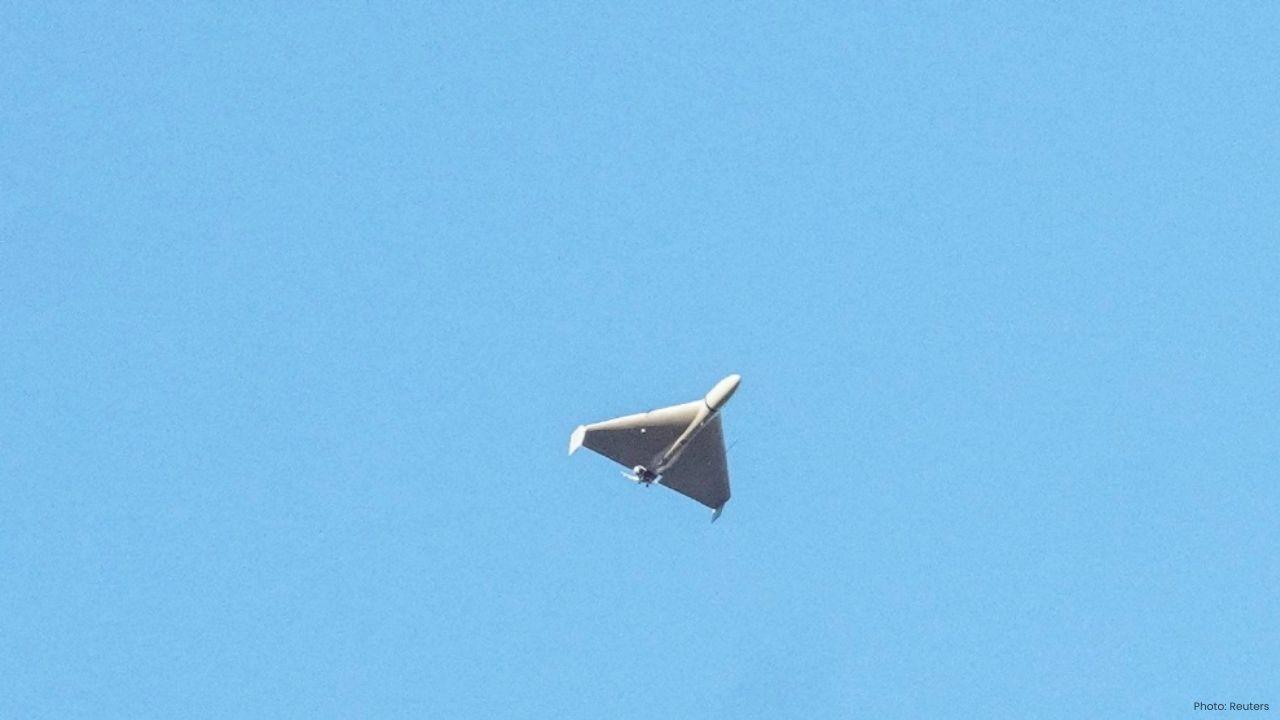
Chinese experts worked inside sanctioned Russian drone plant
Chinese drone specialists visited IEMZ Kupol supplying parts and drones via intermediaries, deepenin